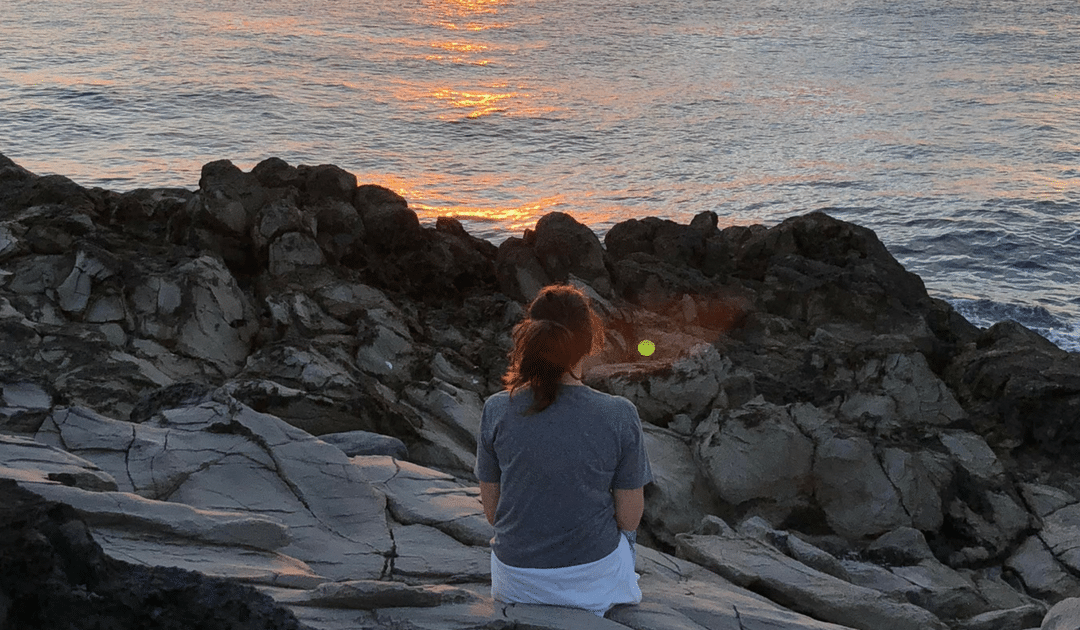But as I think of worship – even beyond the musical element of it – I am intrigued by the use of the word ‘worship’ as found in the book of Exodus. When God appointed Moses to lead the Israelites out of Egypt He said a certain phrase over and over and over again, “Let my people go, so that they may worship me.” I’ve read through the journey of the Israelites’ mass exodus out of Egypt countless times, but never remember seeing the so-that part. God delivering His people from Egypt was all about worship. We might expect something more along the lines of “Let my people go, so that they can tithe more, or keep the rules more comprehensively, or go to church every Sunday, or feed the poor, or subscribe to Christian magazines… I don’t know, you can fill in the blank, but you get the point. God could have made freedom about anything, but He made it about worship. (Which, by the way, probably does entail some of the aforementioned things, but it all begins with worship).
When writing my “No Other Gods” study, I remember my editor saying, “Kelly, good stuff here, but what’s the point? Why should women get freed up from their idols?” This was many years ago and I had to step back and think about it. I suppose I sort of thought that getting rid of our false gods was the point, but I realized it’s really just the beginning. Getting freed from anything, whether unforgiveness, bitterness, anger, greed, addiction, affairs, too many cookies, is ultimately so we are free to worship. And not just sing songs of praise, but all that worshiping God with our lives entails. (Romans 12:1)
I’m pondering the things God has set me free from, but I don’t want to stop there. I am thinking about the ways He desires me to worship Him in those newly freed up spaces. Let my people go, so that… So that we can worship, yes, but what does worship look like in your life and mine specifically? Does it look like fasting? Spending time with the marginalized? Dinner with a dear family member? A sacrificial tithe? Prayer? Changing a diaper? Deep laughter? Taking a missions trip? Singing songs of praise at your local church? I wonder, not what you have been set free from, but what you have been set free for? Worship for certain, but what does it look like?

LOVING EACH OTHER ON SOCIAL MEDIA
As we move into the Christmas season my hope is...

3 Questions to Help Approach Social Media with a Servant’s Heart
Social media has been one of the trickiest...

How to Be a “Doer” This Fall
Routine will be making a comeback soon, and I've...

The Unexpected Joy of Loving Your Neighbor
Almost 10 years ago my life profoundly changed...

When You Don’t Make the List
When you don't make the list—whatever "the list"...
